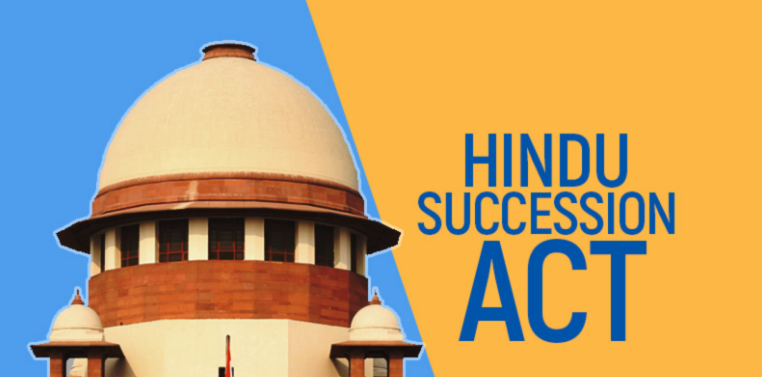
With its ruling in Prasanta Kumar Sahoo & Ors vs Charulata Sahu,[1] the SC made a vital decision with respect to Hindu succession. In this caseThe Hindu Succession (Amendment) Act, of the year 2005 went into effect on 9th Sep. (2005), and in this case the court ruled that daughters have an equal coparcenary rights when it comes to Hindu joint family property regardless of at that time whether or not at the father was living. When it comes to Ancestral property, it could be inherited only by male relatives of Hindu joint families who were treated or regarded as coparceners prior to the amendment. In present the daughters now have the same or equal rights to ancestors’ property as boys all thanks to the amendment made.
However, there were some concerns about how the amendment would be applied, particularly in regards to whether it would apply to daughters whose fathers had passed away before the amendment went into force. The dispute in Prasanta Kumar Sahoo & Co. v. Charulata Sahu & Ors involved the assets of a Hindu joint household. The parties’ father was the initial owner of the house and the farmland on the property. After he passed away, his daughters resisted his son’s attempt to claim the property as his own. The daughters asserted that they were entitled to a share of the inherited property as coparceners as provided or laid down under the Hindu Succession (Amendment) Act, 2005. They maintained that since the amendment had given daughters the same rights in ancestor property as boys, they were entitled to a portion of the estate. However, the son claimed that since the amendment was passed in 2005 and his father had already passed away in 2001, it did not apply to the present circumstance. The lower court ruled in favour of the son and held that the girls were not entitled to a share in the ancestral property because they were not coparceners previous to the amendment. The High Court, on the other hand, upheld the girls’ appeal of this ruling.
The son then appealed to the Supreme Court, which upheld the decision of the High Court and determined that the girls were entitled to an equal share of the family’s property as coparceners. The Court made it plain that even if daughters’ fathers passed away prior to the amendment, they would still be entitled to the same rights in their ancestors’ property and that the amendment would be applied retrospectively. The court made it plain in Prasanta Kumar Sahoo case that the amendment would be retrospective and that daughters would be granted the same rights to inherited property even if their fathers had passed away before the amendment.
The Court decided that the amendment did not affect the rights of daughters who were already married or who had received their share of the inherited property before the amendment. The implications of this decision, particularly in relation to property rights, are significant for women’s rights and gender equity in India. It supports the principle of gender equality established by the Indian Constitution in addition to acknowledging the equality of daughters in Hindu joint families.
SARAH GARIMA TIGGA, Semester VI BA LLB ( Hons.) ,College: Symbiosis Law School (Pune)
[1] Prasanta Kumar Sahoo vs Charulata Sahu; 2023 LiveLaw (SC) 262




0 Comments